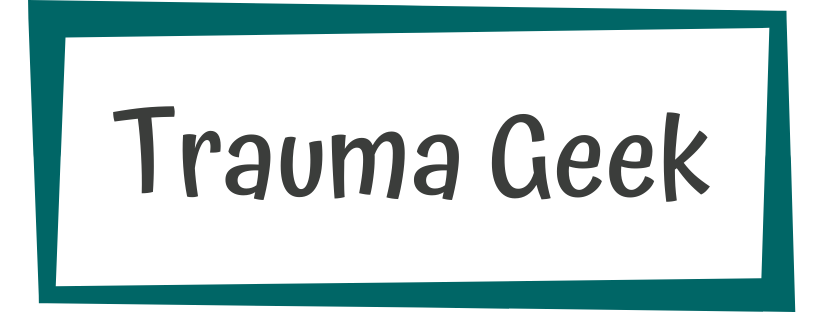PDA: Navigating Threats to Autonomy from Inside and Outside
PDA is a profile of autism characterized by stress responses to perceived demands aka threats to autonomy. Stress responses to the pressure of demands can include avoidance, anxiety, aggression, or fawning compliance. You can learn more at www.PDASociety.org.uk
Part 1: Sometimes My Own Brain Threatens My Autonomy
I really like the Pervasive Drive for Autonomy description of PDA because it fits my own experience. I don’t think it’s a full definition of PDA, but it does describe one of the central parts of my PDA experience - a bone-deep need for autonomy, balance, and equity, such that I have severe stress responses any time this need is not met.
I even have stress responses when my own brain threatens my subconscious drive for autonomy!
I’ve heard some say they don’t like the phrase Pervasive (or Persistent) Drive for Autonomy because PDA frequently involves avoidance of things that we want to do, but it works for me, because I understand autonomy to be something that can easily conflict with what I consciously want.
The drive for autonomy that I experience as part of my PDA neurotype is a subconscious autonomy or body autonomy. It is not about what I think I want, what I know I should want, or what my brain tells me is a good idea.
I used to experience near constant shutdown from my own mind trying to override my autonomy. This happens less frequently now, but still happens often.
I think internal demand avoidance happens because we are conditioned to use authoritarian inner parts to get things done, even things we want to do. So anytime I experience a power-imbalance-threat from within myself (which is frequently because that’s the way I was taught to relate to myself), I can have a significant stress response.
Living with this reactivity to threats to autonomy, even from my own thoughts, has inspired a rather zen/buddhist way of living. If I can ‘listen” enough to know what my body needs and approach meeting the need from a place of curiosity and non-attachment, I have far fewer stress responses to my own brain.
Part 2: Sometimes Other People Threaten My Autonomy
I was attending a kickstarter party for a friend’s yet-to-be recorded album. I had thoroughly enjoyed most of the evening. There were a lot of people in the room but I wasn’t experiencing any social anxiety. The songs and the ambiance were cozy.
During the last song of the show, everyone around me started to stand up. I was about to mirror them, and stand up to join them, because I felt safe to do so.
But then, someone walked down the center of the room and started telling people to stand up. He wasn’t asking. He was commanding. Later it was confirmed that his tone sounded rude to others around me.
In an instant, I became physically incapable of standing. My autonomy had been threatened and my PDA demand avoidance had hit the fight/flight/freeze button. I sat there feeling panicked and angry for a few seconds.
I couldn't move. Because my body was reacting to this rather unexpected threat to autonomy.
Then I remembered something that I learned from Kristy Forbes - PDA stress responses are about a deep need for equity. I thought, if I could correct the power imbalance I was experiencing, I could perhaps stand up and enjoy dancing to the last song of the show.
In my head, I yelled at him, three times in a row: Fuck you, I won’t do what you tell me!
As I said this in my head, I thought about the hilarious Toddler Rage Against the Machine Song from tik-tok https://www.tiktok.com/@bigm.../video/7362728245566999814...
My nervous system started to calm. I had found what felt like a magic spell that immediately began to correct the power imbalance he had unintentionally created.
A few seconds later, I was able to stand, because my body wanted to move and dance, and not miss out on the last song.
There have been countless times in my life that I didn’t have a tool or trick like this in my wheelhouse. Times when a command to do something I already wanted to do would affect me like a severe allergic reaction. Times when someone’s well meaning directions have fully prevented me from being able to participate in a group activity or have sent me running from the room in panic.
I’m 35 years old and this was the first time I realized I can sometimes correct a triggering power imbalance inside my head without saying anything out loud. Not saying this will always work, but I wish I had learned this sooner. It has come in handy several times since then.


